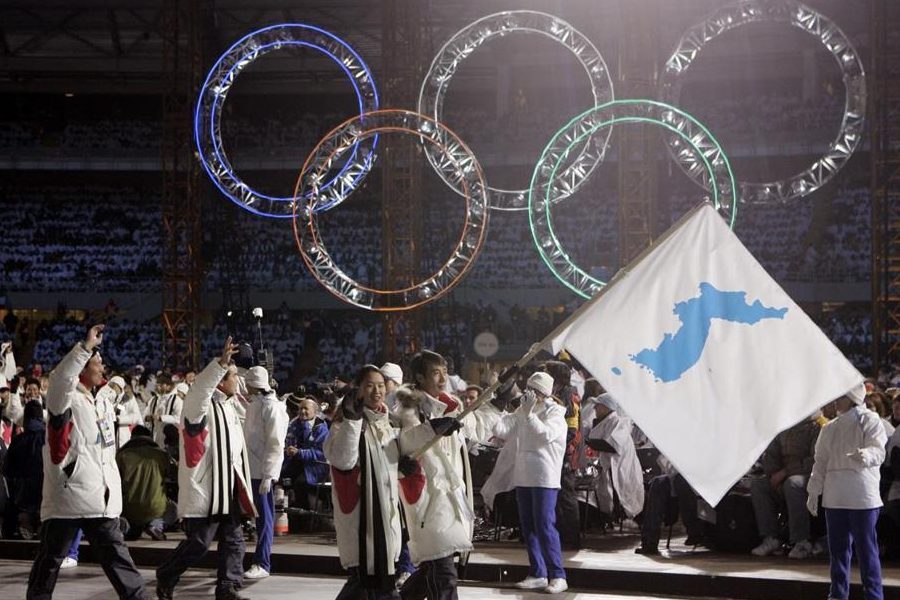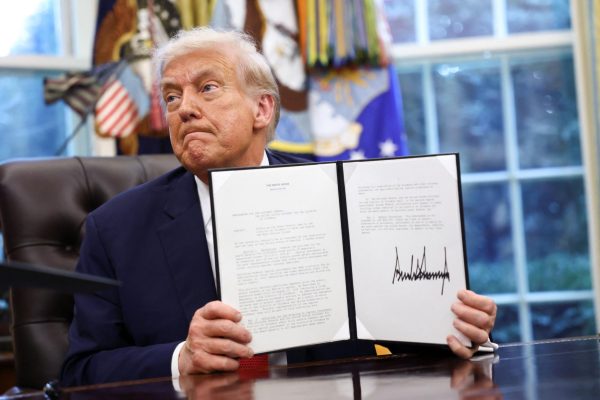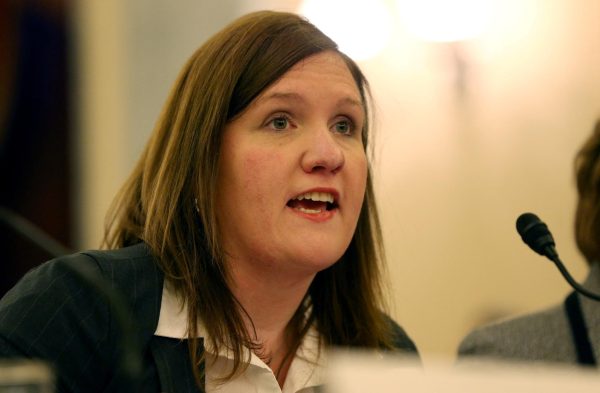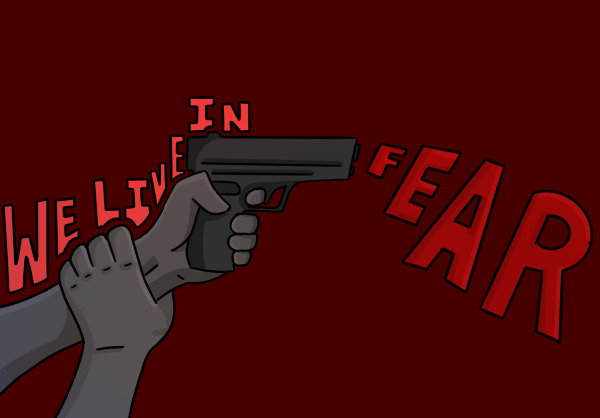The Importance of the Olympics and the Power of Sport
The world is more divided than ever. Yet it is together in one spot.
The country is more divided than ever. But for 17 days, we all wear the same colors: red, white, and blue.
The Olympics are like nothing else in the world. Ko Hye-In, a 4 foot 6” South Korean, will take the ice with Kim Un-hyang, the North Korean star forward — North and South Korea are currently in a war with each other. Think about that; two countries at war, whose capitals are just 120 miles from each other, and have a 2.5-mile demilitarized zone halfway in between, walked in the Opening Ceremony of the Olympics together.
Nothing but the Olympics could orchestrate something this incredible.
South Korea gave up their rights to walk under the South Korean flag and help boost their global image; that has been diluted by the dictatorial regime to the north. Each country will be competing under their own flag for competitions, with the exception of the joint Korean hockey team. They gave the right to represent their country on the ultimate stage for the betterment of their country, their peninsula, and the world.
The joint Korean team walked under a Korean flag: a solid white flag with a royal blue Korean peninsula in the center. Chung Guam Hwang of North Korea and Yunjong Won of South Korea lead the group of Koreans in the Opening Ceremony as joint flag bearers.
Besides the joint hockey team, North Korea fielded a pairs ice dancing team; the only North Koreans that athletically qualified for the Olympics.
South Korean president Moon Jae-in watched on a mere 3 feet in front of Kim Yo-jong, sister of North Korean dictator, Kim Jong-un.
United State’s Vice President Mike Pence was sitting in the same box. Vice President Pence made a strong political statement by inviting Fred Warmbier, father of Otto Warmbier — an American student who was imprisoned and hurt in North Korea and was released when on the verge of death, only to die at the age of 22, just days after returning to the United States.
It is unlikely that VP Mike Pence and Kim Yo-jong will meet. However, South Korean officials will meet with both. Alone, the fact that leaders from two countries in a nuclear standoff are in the same area is unimaginable.
That is the power of the Olympics, and of sport.
Arguably, the United States of America is as much ununited as they are states. But for the next 17 days, we are united under one flag. People from the north, south, east, and west all band together to celebrate the 244 Olympic athletes for the United States.
Team USA is the most diverse it has ever been. With 45 percent women athletes, Team USA is above the worldwide average of percentage of athletes; mainly due to the barriers lifted in hockey, biathlon and curling.
For the first time ever, Team USA has two openly gay members: an ice skater and a snowboarder. In addition, there are 10 African-Americans and 11 Asian-American wearing the stars and stripes.
Many would argue that immigration is a large issue in American politics today, but in sports country of origin and parents country of origin means very little. Take Chloe Kim, the face of United States women’s snowboarding. She is the daughter of two Korean immigrants. 17 years later, the Kim family is back in Korea and watching Chloe stand on top of the podium, and the United States flag raised behind her.
In politics, in the United States, in life, there is divide: color divide, country divide, sex divide. But in sports, there is only one division that matters: the divide between first place and second. The divide between gold and silver. That is the power of sport and the Olympics.

Cammi is in her fourth year on staff and is a senior at Community. This is her second year making up 1/4 of the print editor-in-chief team. When not working on The Communicator, she can be found playing golf and basketball for Skyline, lawyering at Mock Trial, singing camp songs off key at Camp Al-Gon-Quian or climbing trees. Cammi’s favorite part of journalism is when an interviewee says something special or powerful out of the blue. Two averagely fun facts about Cammi are that 1 ) she is scared of lightning but loves rain and 2) her favorite shape is a triangle.












